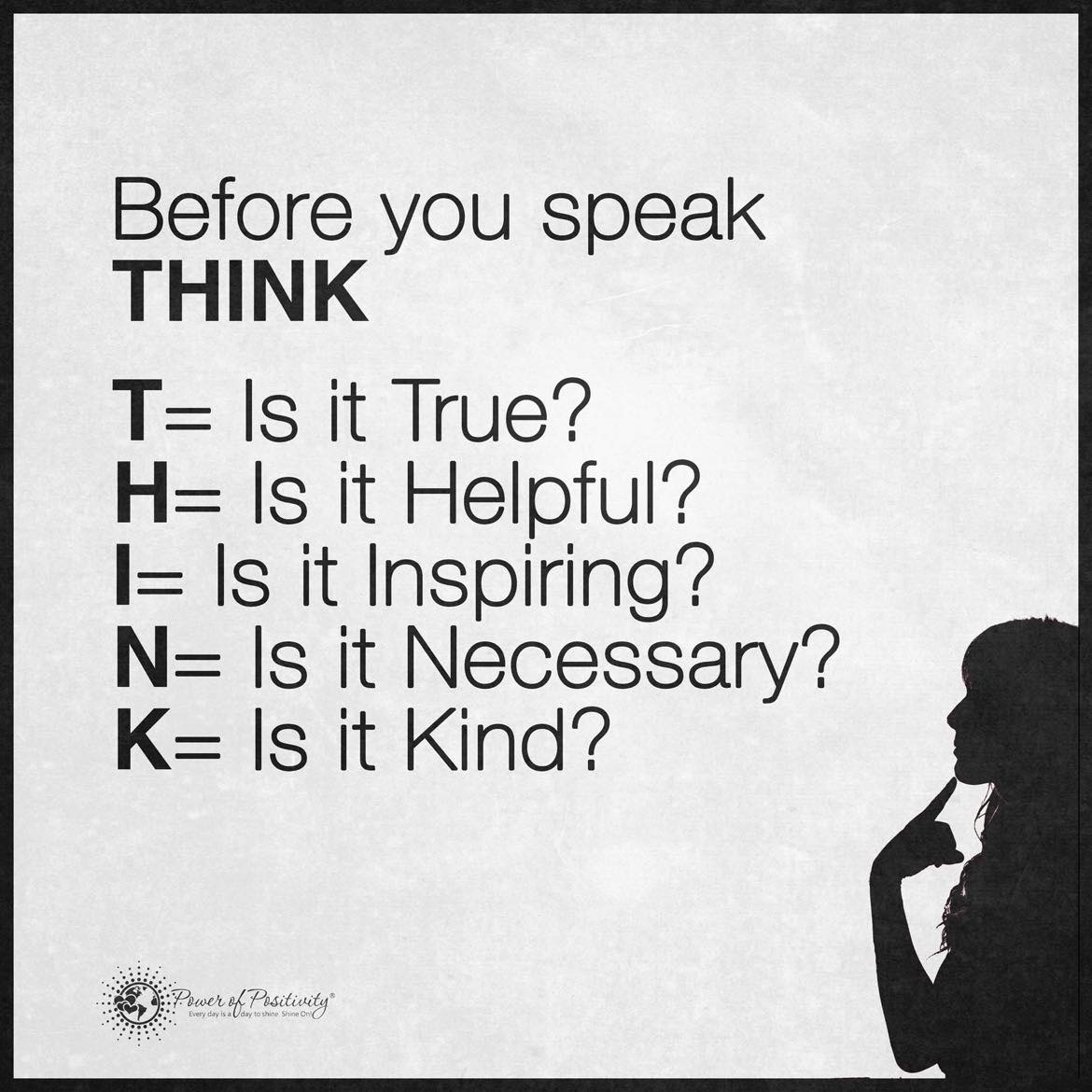Do you consider yourself a rational thinker, or are your decisions often based on emotions? The balance of the two can make a difference in your success. How can you tell which mode of thinking you use? Since your brain has a right and a left hemisphere, it makes sense that people can be rational and emotional. Medical experts say that your right brain focuses on emotions and creativity. Conversely, your left brain controls reasoning and other logical skills.
Twelve Habits of a Rational Thinker
Although humans use both sides, most people have a more dominant brain sphere. Are you the calm voice of reason, or does your heart rule your head? These are 12 habits to notice if you’re a rational thinker or a left-brain dominant.
1. A Rational Thinker Will Pay Attention to Detail
You don’t rush through tasks and decisions if you’re a rational thinker. You have a distinct eye for each detail and how everything works together. Seeing the individual pieces may take a while before you can envision the whole picture.
For this reason, people often turn to you for the most complex projects, especially at work. They know that you’ll take the task seriously and won’t do anything but your best. This habit becomes a liability if it turns into perfectionism, and you’re left to spin out of control.

2. Logical People Clarify Your Ideas
Ideas are like seeds you plant, water, and care for until they grow into thriving plants. Even the best ideas need revision for optimal success. Logical thinkers can blend reasoning and emotions to clarify their ideas for themselves and others.
Let’s say that you have a unique idea for a business. You do research, and you talk to successful entrepreneurs. You create a business plan that will explain your idea to potential investors.
3. Logical People Get the Facts Straight
Remember the classic detective show where the agent always said, “just the facts?” Rational thinkers like you aren’t satisfied with hearsay, surmising, or half-truths. You’ll work overtime researching facts and verifying them with reliable sources before you take a side.
Nothing makes you uncomfortable than being on the fence about a decision or action. Once you have the facts straight, you can better use your sense of logic, reasoning, and deduction. Such logical brain behavior would serve you well in mathematics, science, or education.
4. A Rational Thinker Has Excellent Communication Skills
It does no good if you’re the most intelligent person in the world and don’t communicate well with others. Effective conversations involve two or more people sharing thoughts, ideas, and feelings. You can convey your thoughts skillfully and are also an active listener.
An active listener goes beyond just hearing what someone says. You purposely think about what they’re saying without interrupting. You use receptive body language and mirror their feelings.
Additionally, you pause for a few seconds before you respond. If there’s something you missed, you ask them to clarify it. There are fewer chances for misunderstandings and miscommunication. Logical thinking can’t be shared without solid communication skills.
5. Rational Thinkers Need to Know Why
Do you recall your parents telling you to do something, and you asked why? It was one of your first childhood steps toward independent thinking. Maybe your parents took the time to explain their reasoning to you.
Maybe they were like many parents who retorted, “Because I said so.” Of course, your parents had your safety and best interests at heart. They also had the life experience and authority to direct you on the right paths.
Still, the foundation of learning is the urge to know why and how. Logical thinkers have an insatiable curiosity about the world around them. They know how to blend logic and emotion to be inventors, influencers, and life changers.
6. Emotions Don’t Cloud Reason and Logic
Just because you are logical doesn’t mean you’re robotic and without emotion. Time and experience have helped you balance your emotional and logical thinking. You try your best to be open-minded and objective when you make choices in your life.
For example, your teen is discussing college choices with you. Of course, your heart wants them to attend your alma mater. However, you realize that the other prospective university has a better program for their major.
It would be easy to talk to your school and encourage them to choose it. This is a case when you may have to put your feelings aside for the most logical choice. You realize that you can’t always use your rationale to persuade people to agree with you.
If you feel too emotionally close to the situation, you often step back and wait. Sometimes, even the most rational thinker must listen to their heart. It’s normal and all part of the human condition.

7. A Rational Thinker Prefers to Follow a Daily Routine
According to an article published by the Mayo Clinic, following a daily routine can ease undue stress. If it helps, you can write a daily schedule and post it where you can see it each morning. When you write down your plan and goals for the day, you’re more likely to accomplish them.
While you understand the logic of following a routine, you also understand that things happen. Sometimes, you need to be flexible and make changes as required. Knowing how to adapt to unforeseen situations can benefit your mind and your emotions.
8. Logical People Rarely Make Rash Decisions
In this instant gratification society, it’s no wonder that people make split-second decisions. Nobody likes to wait in line, and everyone wants an answer right now. If you’re a rational thinker, you don’t allow impatience and other negative emotions to affect your choices.
Sure, many daily decisions don’t require a lot of thought, like what you’ll have for dinner. However, you’ve learned to weigh the pros and cons and how to count the cost of significant life decisions. Your emotions play a part in your choices, but your logic plays the main character.
9. Logic Demands List-making
Look around your home and office, and you’ll probably notice an everyday habit. Do you see an endless collection of reminder notes and lists? They may be scribbled on notepads, sticky notes, or whiteboards where you’ll see them.
Creating grocery lists or other simple reminders are mundane tasks no one wants to handle. Others may be a list of your goals or a complete vision board. You use all these for visual cues of things you want to do today or a year from now.
Making lists is a standard brain behavior of a rational thinker. Although you have an excellent memory, lists give you a sense of logic and order. You feel more confident and gratified as you check off each accomplishment.
10. A Rational Thinker Does Not Stay Stuck in the Past
You can learn invaluable lessons and cherish sweet memories from the past. However, constantly dwelling on the past can prevent you from living in the present. It can create cognitive distortions that can cause negative thinking.
Are your thoughts stuck in a toxic experience or relationship from the past? They may hinder you from enjoying positive ones today and in the future. Logical thinking can take you beyond the past and help you focus more on the present.
Logical thinkers can reminisce and visit the past without pitching a tent there. You realize the significance of being present. Some tools that can help you are meditation, yoga, or other mindful practices, like journaling.
11. A Love for Games of Logic
All work and no play can even make a rational thinker bored. Sometimes, it’s good to close shop and spend quality time with family and friends. Your body and mind could use a little relaxation.
Do you spend your leisure time playing sports or enjoying other hobbies? Maybe you’re into games of chance, like cards or blackjack. Perhaps you might like to play board or other competitive games with your family or friends.
Some board games are more complicated and require skill, strategy, logic, and appeal to rational thinkers. These can include chess or trying to solve brain teasers. You may be relaxing and having fun, but you’re giving your mind some beneficial exercise.
12. The Rational Thinker Never Stops Learning
Many teenagers can’t wait to graduate and be done with school. The ones who go to college might also anticipate leaving their studies behind them. However, life is perpetual learning for rational thinkers like you.
You’ve never lost your curiosity, no matter how many degrees, certificates, and experiences you’ve had. You’re probably an avid reader and can discuss various subjects intelligently. You take time to listen to people from other walks of life and discover new perspectives.

Final Thoughts on Habits of a Rational Thinker
Thinking logically and making sound decisions is commendable, showing good brain behavior. However, your thoughts are also wrapped in feelings and intuition. Having the wisdom to keep both aspects balanced makes the difference.


















